After having connected a user from Google OAuth, when this one wishes to reconnect during a next session requiring the selection of his google account, the permission is asked again.
According to the documentation, the behavior of the parameter prompt that is responsible for authorization requests is as follows:
If no value is specified and the user has not previously authorized access, then the user is shown a consent screen.
The user should therefore not have to reorder his consent (with verification, the application is present in my authorizations).
The only answer envisaged was the one on this question : login with google always asks user consent
Because I also work locally without secure HTTP, but he assumes that a cookie policy is present which is not the case.
Code generating URL
/**
* Create a new OAuth2Client with the credentials previously loads
*/
private getOAuth2() : OAuth2Client {
return new OAuth2(
this.credentials.client_secret,
this.credentials.client_id,
this.credentials.redirect_uris[0]
);
}
/**
* Create connection URL for the given scopes
* @param scopes
*/
public url(scopes: Array<string>) : string {
return this.client.generateAuthUrl({
access_type: "offline",
scope: scopes
});
}
// The scope used to generate URL is 'https://www.googleapis.com/auth/youtube.readonly'
// this.client refer to a client which is load by getOAuth2
// and use only for the generation of URL's.
When a user logs in a second time, to obtain a refresh token that has been lost, he or she is not required to give consent again :
And that is the problem which occur.
